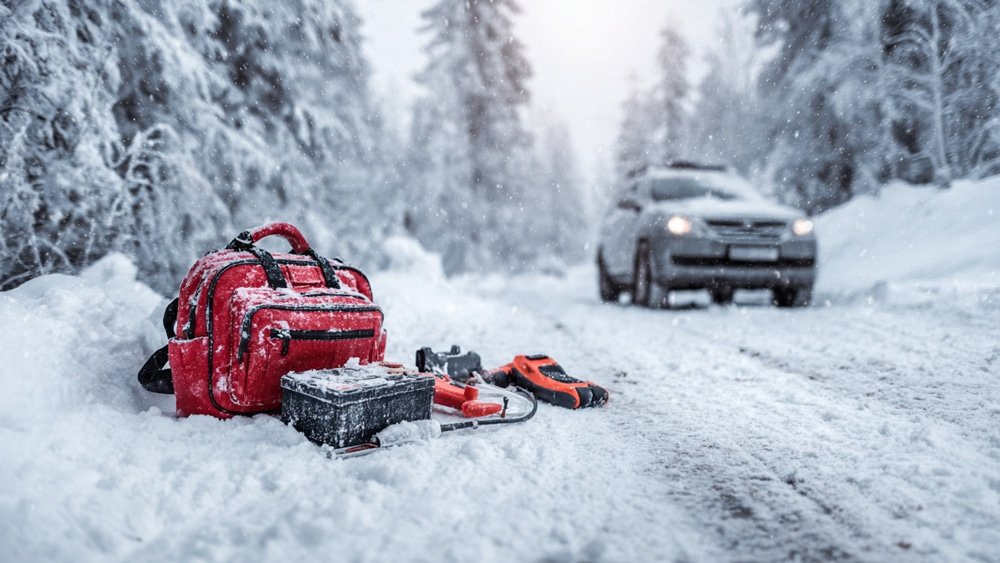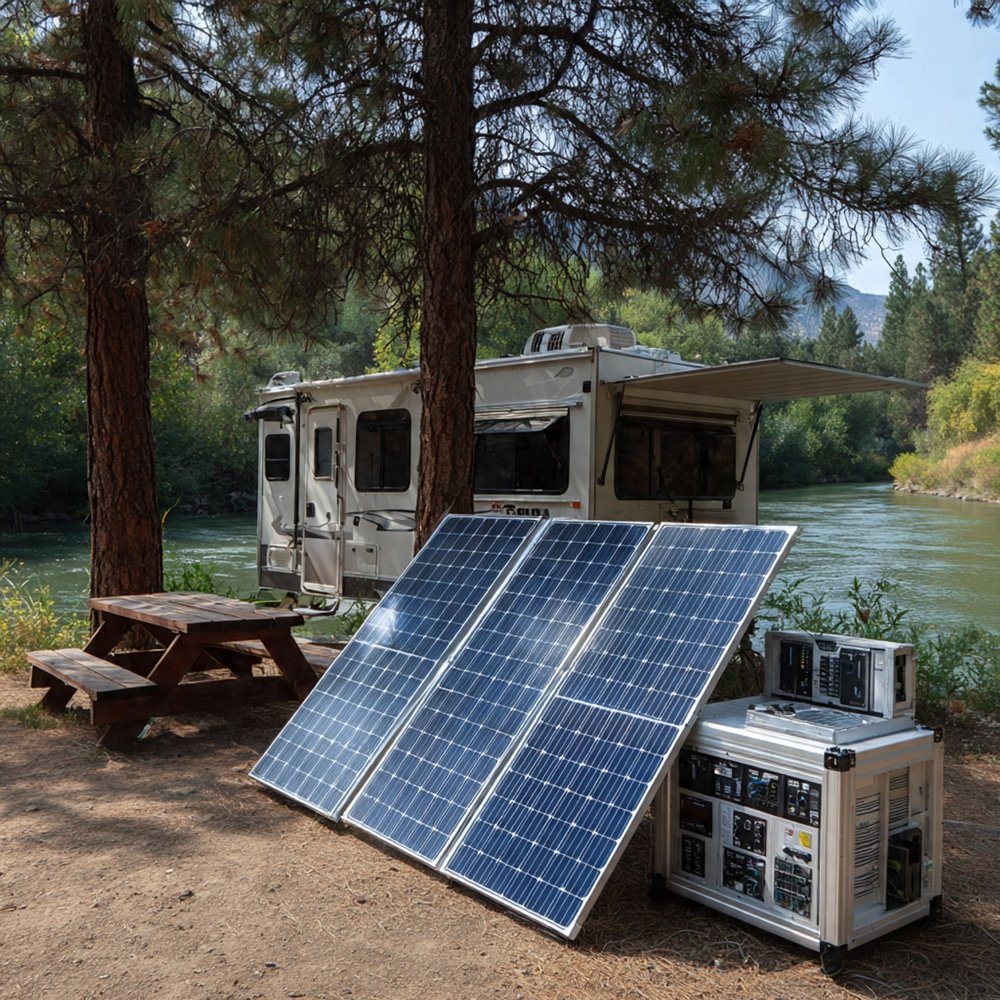Emergency Medical Services for Children Day is held in the United States every Wednesday of National Emergency Medical Services Week, which is held from May 19 to 25 every year. Its main focus is to promote the “delivery of high-quality medical care for children,” as described by the American Academy of Pediatrics.
Why the need for this?
If most grown-ups find it difficult to cope with an emergency, can you imagine how it is with children, especially the little ones? A child must receive the best medical care he or she can get, especially in an emergency. It doesn’t matter where they live or what the status of the child’s family is. If the child needs medical attention, they have the right to get it. Bu as they say, prevention is better than cure. Avoid the need for emergency medical services for children by making sure they don’t get into such emergencies.
Establish A Safe Environment
We can no longer ignore how dangerous the world has become. Just watch the news. How many times have you cried over news of children that died in a school shooting? How about the times your heart bled for young children kidnapped, raped and killed by monsters? It’s a sad and unfortunate truth.
Protect Your Home From Intruders

We owe it to our children to provide them with a safe environment despite the evils that lurk everywhere. Start with your home. Make sure it’s not an easy target for home invaders and robbers. There are many ways to keep your home safe and secure.
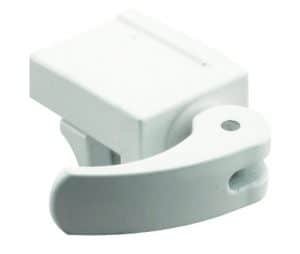
Keep the doors and windows closed, especially before leaving. Most intruders get inside a home through an unlocked window, particularly one on the second floor. Take the extra effort of checking all your windows before leaving. You should also lock everything before going to bed at night.

Install additional locks and teach your children how to unlock them. They should know how to get out in case a fire breaks out in your home or any other emergency. However, there is the risk of your child opening the door for strangers. You must explain to them thoroughly the repercussions of doing so. Always keep an eye on small children so they won’t be able to go out of the house without you knowing.
You should also install an alarm system. Security cameras placed in strategic areas around your home will alert you and the authorities of a possible home invasion.
For more information on fortifying your home, click here.
Fire-Proof Your Home
Other human beings are not the only threat to your home and your children. Fire is something you should prepare for. One way to fire-proof your home is to create a fireproof barrier around it. This is especially important if you have neighbors or during a wildfire.
Prepare your child for emergencies related to fire by first explaining to them how a fire can start in your home. These are the things they should know to avoid. Tell them what steps they need to take in case fire does break out. Create an emergency plan and explain it thoroughly to the young ones.
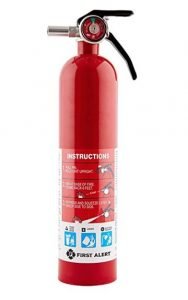
Make sure you have fire extinguishers at home. Teach everyone how to use them. Fire extinguishers need to be checked regularly so they’d work when needed. Learn how to inspect them but have them checked by experts at least once a year.
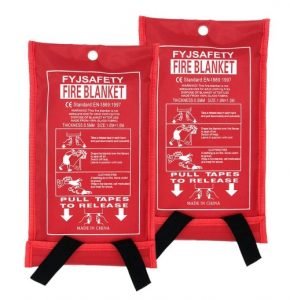
You should also have an emergency kit meant for fires. Aside from your usual supplies and gear, you should include fire blankets, gas masks and, ideally, an oxygen tank.
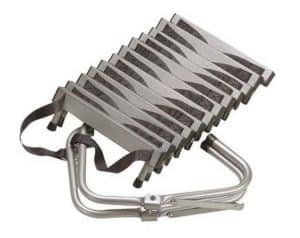
Give your children the opportunity to escape your burning house. Each room upstairs should have a fire escape. First of all, the windows should not be barricaded with grills or steel bars. They can keep intruders out but they also keep you from escaping. You should also have a fire escape ladder that they know how to access and use.
Provide a clear path for fire trucks and first responders to access our home so they get to deal with the fire and provide emergency medical services for children, respectively.
There are lots of other ways to fire-proof your home. Check this article from Happy Preppers to learn more.
Prepare Your Child for Natural Disasters
You cannot keep natural disasters from happening, what you can do is be ready once they’re here. Communication is key to disaster preparedness and avoiding the need for emergency medical services for children. Like with the situations discussed above, you should always keep your children informed even if you think they’re too young to know such things. Let the children know the ins and outs of natural disasters. Explain to them what could happen and what they should do.
Fill them in with regards to your emergency plan. Every member of the family has a role to play in your plan even if it just means grabbing their bug out bag and knowing where to run to once you’ve decided to evacuate. Practice how to execute your emergency plan so they’d know exactly what to do when SHTF.
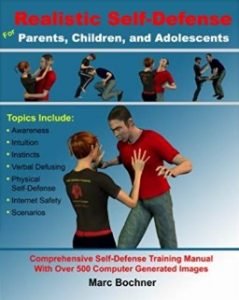
It is also your job to make sure your children has the right skills to survive and thrive in life. Teach them how to swim so they’d be ready in case of a flood or if the boat you’re on sinks. Start you kids early on martial arts and self-defense training. You can also take them to first aid training class. All these knowledge and skills will be important as they grow older. The Emergency Medical Services Day for Children is the perfect excuse to introduce them to such skills.
Teach Them What To Do In An Emergency
If you’re like most parents across the country, you spend most of the day at work and separated from your children. It’s quite understandable if you worry about your kids every now and then. However, worrying can only do so much. You should teach them how to deal with emergencies so, even if you’re not around, you’ll be at least confident that they can take care of themselves.
How to Ask for Help
Children should be able to talk to other people, particularly to adults, when they need help, especially if they need emergency medical services. If they’re at home, they should know how to dial 911 during an emergency. Bigger children should also be ready to go out to the neighbors to get help. Better yet, they should know the phone number of a close relative or a trusted neighbor so they could call them after dialing 911.

If they’re at school and they don’t feel right, they should immediately approach a teacher or school staff to ask for help. If your child has an existing condition, you should let their teacher and other adults at school know.
If something as horrific as an active shooter situation happens at school, your child should have the presence of mind to run away from the shooter. If running is not an option, your kid should know how to safely hide.
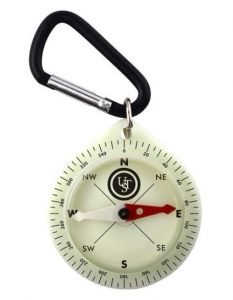
Getting lost is another scary scenario that both you and your child should know how to handle. If your child gets separated from you, they should be aware who they should approach to ask for help. Make sure they know your name and contact number. You can also make your child memorize your address. However, with all the hacking and other online crimes going around, it may not be to wise to just give away such important pieces of information. For older children, they should have and know how to use a GPS tracker and compass.
What To Do If Something Happens To You
Can you imagine the trauma of a child after witnessing a parent collapse from a heart attack or get hurt from some other tragic scenario? Such things can be prevented if you take care of yourself. However, you can never really tell when an accident may occur. The best thing they can do is to call for help.
Those who have an existing medical condition should let their children be aware of what you need in case you suffer from an epileptic seizure, for example. If you’re like Tony Stark who needs this robotic heart to live, your little Morgan should know where to get your spare heart in case Obadiah Stane steals your heart from your chest.
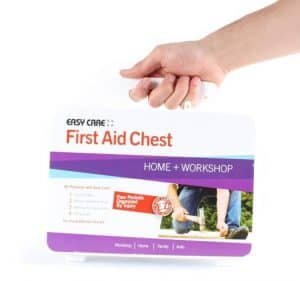
During National EMS Week, each day is assigned a particular theme. For Thursday, the theme is Save-A-Life (CPR and Stop the Bleed). It will likely dwell on immediate emergency medical services for children in case of emergencies. This is also a good time to introduce your children to basic first aid. They should learn how to give CPR or the Heimlich Maneuver. Of course, little children will not be able to perform them but the knowledge will be useful once they’re all grown up and come face-to-face with such emergency situations.
When all is said and done, the child may have to deal with trauma. Part of emergency medical services for children is helping them cope with what happened and care for their mental and emotional well-being. Today’s Parent suggests giving the child reading materials that deal with traumatic events. They have a list of children’s books that may help.
Build An Emergency Kit
Finally, you should have an emergency kit or bug out bag. Let our child help you pack your kit and explain to them what each item is used for. Emergency whistles, signal mirrors, and flares are particularly useful. Show them how to use them during different scenarios.
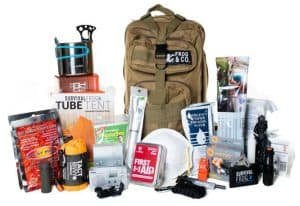
A first aid kit is also necessary and your child should be at least knowledgeable on some basic medical procedures such as cleaning and treating a wound.

If you know of other tips you may have about emergency medical services for children, please do so below. If you’re here looking for more survival tips and hacks that may help prepare children for emergencies please go to The Gentleman Pirate.

Just a disclaimer – We have partnered with these companies because we use their products and/or proudly trust and endorse them – so we do receive a commission if you make a purchase or sign up for services. Often, we are able to negotiate special discounts and/or bonuses, which we will pass on to you via our links. We often get short notice on sale items available for 24-48 hours as we will pass these savings onto you.

















